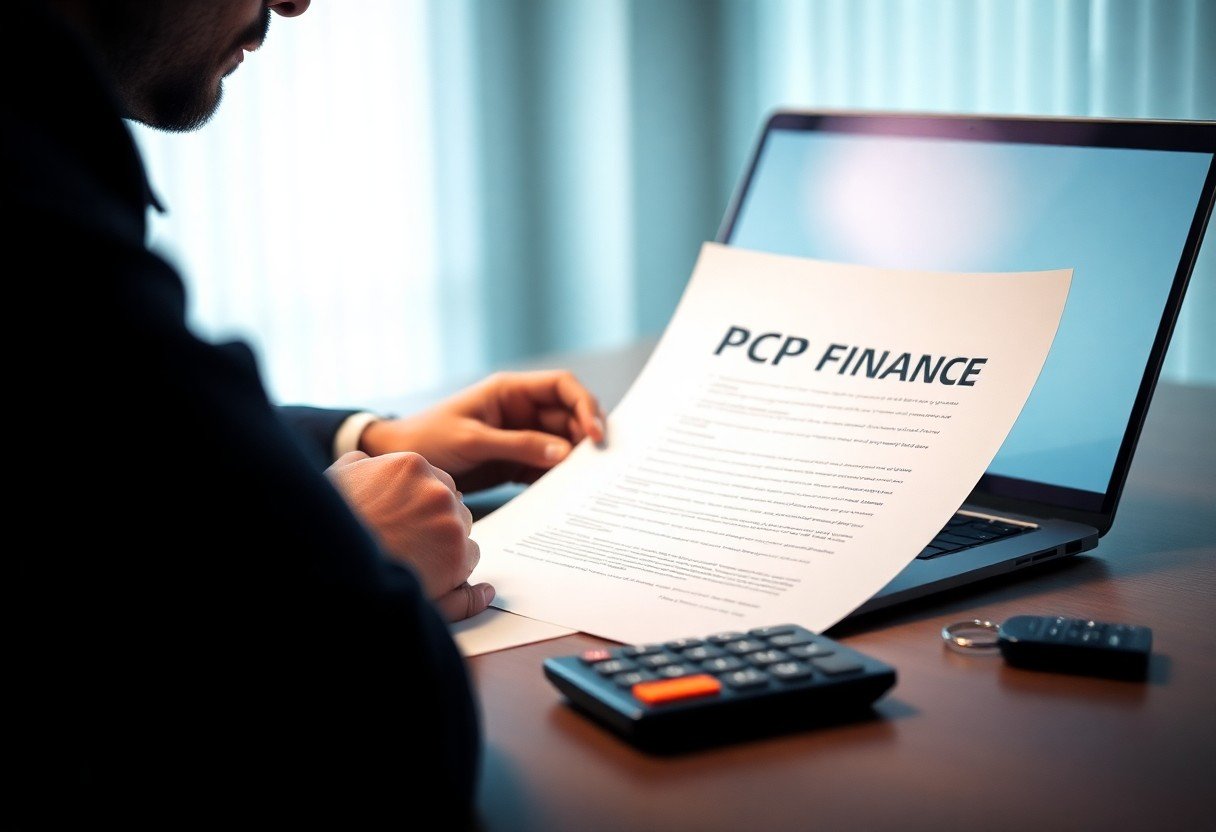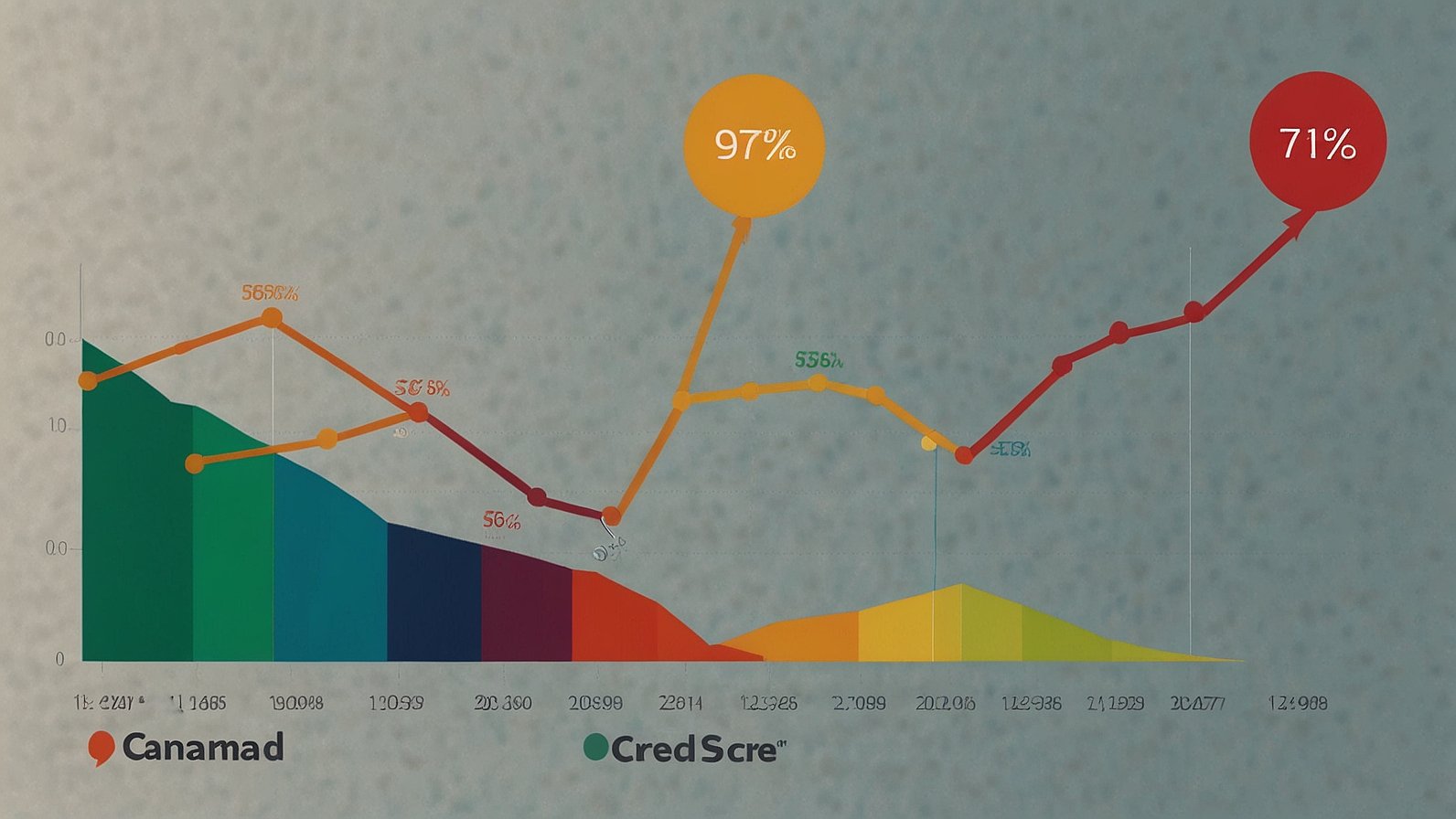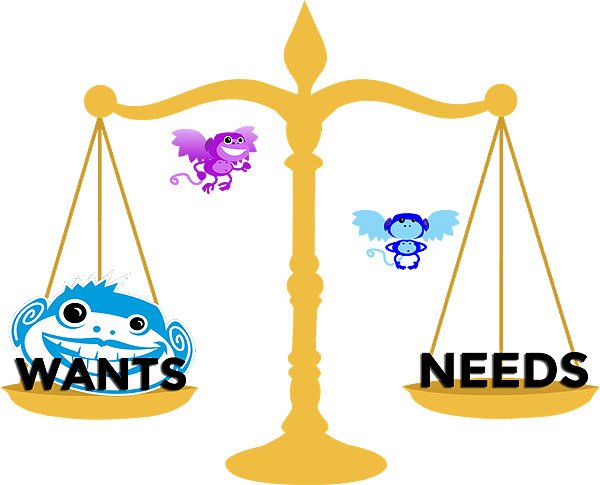Personal Contract Purchase (PCP) finance agreements have become one of the most popular ways for consumers to finance their vehicles in recent years. However, 2025 has seen a significant surge in PCP claims as customers become increasingly aware of potential mis-selling and unfair practices associated with these agreements. This trend, coupled with heightened scrutiny of companies like MotoNovo Finance, highlights the need for transparency and fairness in the car finance industry.
Below, we explore the top reasons behind this growing wave of claims and what consumers can do to protect their rights.
1. Lack of Transparency in PCP Agreements
One of the leading causes of PCP claims is the lack of clear communication during the sales process. Many consumers report being unaware of critical details in their agreements, such as:
- The true total cost of the finance agreement.
- The balloon payment required at the end of the term.
- Restrictions on annual mileage that could lead to significant penalties.
Sales representatives often focus on the monthly payments without adequately explaining these additional costs and conditions, leaving consumers in the dark about the full implications of their agreements. This lack of transparency has led to a growing number of claims as consumers realize they were not fully informed about what they signed.
2. Undisclosed Commission Payments
Another major issue driving PCP claims is the widespread practice of undisclosed commission payments. Dealers frequently receive commissions from lenders for selling specific finance products, and these payments are often not disclosed to customers. This lack of transparency can create a conflict of interest, as the dealer’s recommendation may be influenced by the commission rather than the best interests of the consumer.
In many cases, customers allege that they would have chosen a different financial product or negotiated better terms had they been aware of these commissions. Such claims have been particularly prevalent in cases involving MotoNovo Finance, where customers argue that the non-disclosure of commissions breached their trust and consumer rights.
3. Inflated Interest Rates
Inflated interest rates are another common reason consumers are filing PCP claims in 2025. Some consumers discover they were charged higher interest rates than necessary, often without any justification provided by the dealer or lender. These excessive rates can add thousands of pounds to the total cost of the agreement, causing financial strain for the consumer.
MotoNovo Finance claims frequently center on allegations of inflated interest rates, with customers asserting that they were unfairly charged to increase dealer profits. As awareness grows about this issue, more consumers are taking legal action to recover overpaid amounts.
4. Mis-Selling of PCP Agreements
Mis-selling remains a broad and significant issue in the PCP finance industry. Mis-selling occurs when consumers are pressured or misled into agreements that are not suitable for their financial situation or needs. Common examples of mis-selling include:
- Offering PCP agreements without fully explaining the terms and conditions.
- Failing to present alternative financing options.
- Using high-pressure sales tactics to rush customers into signing agreements.
Consumers who feel they were mis-sold PCP agreements are now filing claims to seek compensation and rectify these issues. Legal experts and claims management companies are helping individuals navigate the claims process and hold lenders accountable.
5. Residual Value Disputes
The guaranteed minimum future value (GMFV) of a vehicle is a key component of PCP agreements, as it determines the final payment or trade-in value at the end of the term. However, many consumers have reported discrepancies in the residual value calculations provided by dealers and lenders. These disputes often leave customers facing unexpected costs or limited options when their agreements end.
For example, some consumers find that the GMFV was set too high, making it difficult to trade in their vehicle without incurring additional costs. Others claim that the GMFV was artificially low, reducing the car’s trade-in value. These issues have prompted an increasing number of PCP claims.
6. Mileage Penalty Surprises
Mileage restrictions are a standard feature of PCP agreements, but many consumers have reported being unaware of the strict penalties for exceeding these limits. When returning their vehicles at the end of the term, they are often hit with hefty charges for additional mileage. In some cases, customers allege that dealers failed to adequately explain these restrictions or misled them about the associated costs.
Mileage penalties can amount to hundreds or even thousands of pounds, leading many consumers to file PCP claims to contest these charges and recover their money.
7. Regulatory Crackdowns and Awareness Campaigns
The Financial Conduct Authority (FCA) has increased its oversight of the car finance industry, shining a light on questionable practices and encouraging affected consumers to come forward. High-profile investigations have revealed systemic issues, including mis-selling, undisclosed commissions, and inflated interest rates.
Additionally, consumer advocacy groups and legal firms have launched awareness campaigns to educate the public about their rights. These efforts have empowered more individuals to file PCP claims and MotoNovo Finance claims, contributing to the surge in cases in 2025.
How to Pursue a PCP or MotoNovo Finance Claim
If you believe you were mis-sold a PCP agreement or have concerns about your MotoNovo Finance agreement, it is essential to take the following steps:
- Gather Documentation: Collect all relevant documents, including your finance agreement, sales correspondence, and any promotional materials.
- Seek Expert Advice: Consult a legal professional or claims management company specializing in PCP claims. They can assess your case and advise on the best course of action.
- File a Formal Complaint: Submit a formal complaint to the lender or dealer, outlining your concerns and requesting compensation. If they do not respond satisfactorily, escalate the complaint to the Financial Ombudsman Service (FOS).
- Consider Legal Action: If necessary, pursue legal action to recover your losses. Many claims management companies operate on a no-win, no-fee basis, reducing the financial risk of filing a claim.
Conclusion
The surge in PCP claims in 2025 reflects growing consumer awareness and dissatisfaction with unfair practices in the car finance industry. Issues such as lack of transparency, undisclosed commissions, inflated interest rates, and mis-selling have left many customers feeling misled and financially burdened. Companies like MotoNovo Finance are facing increased scrutiny as more consumers take action to assert their rights and seek compensation.
If you suspect that you have been affected by a mis-sold PCP agreement or have concerns about your MotoNovo Finance deal, it is crucial to act swiftly. By understanding your rights and pursuing a claim, you can recover your losses and contribute to a fairer and more transparent car finance industry.











